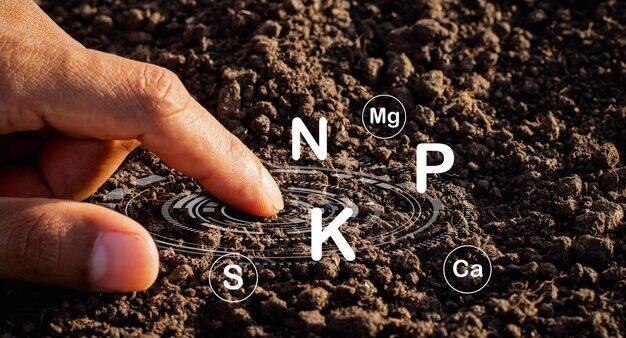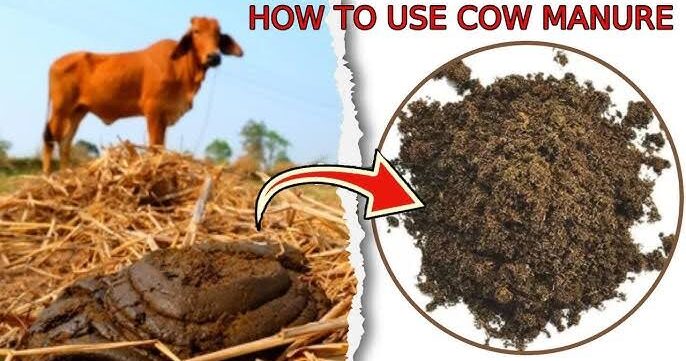Table of Contents
ToggleHow cow dung helps prevent desertification and soil erosion
Introduction:
Desertification and soil erosion are pressing environmental problems that are rapidly affecting agricultural lands, forests, and natural habitats worldwide. Over-exploitation of land, deforestation, and unsustainable agricultural practices are degrading fertile land, making it vulnerable to erosion by wind and water. However, innovative solutions are emerging to restore these soils and one such natural solution is the use of cow dung. In this blog post, we will explore how cow dung can play an important role in preventing desertification and soil erosion. By understanding its benefits, we can appreciate the power of this ancient organic material to improve soil health, retain water, and increase agricultural productivity.

How cow dung helps prevent desertification and soil erosion
1. Improves Soil Structure: Dung is rich in organic matter which helps in improving soil structure. When added to soil, it increases its water-holding capacity, making it more resilient to drought conditions—one of the primary contributors to desertification. By improving soil structure, manure allows better root penetration, enabling plants to grow even in poor soil conditions.
2. Increases soil fertility: Cow dung is an excellent source of essential nutrients like nitrogen, phosphorus, and potassium, all of which are essential for plant growth. When used as a fertilizer, it replenishes the soil, making crops stronger and healthier. Healthy trees with strong root systems are more effective at preventing soil erosion and reducing runoff.
3. Promotes microbial activity: Microorganisms in cow dung play an important role in breaking down organic matter and enriching the soil. By promoting a healthy microbial ecosystem, cow dung helps improve soil fertility and structure. These microorganisms also help retain moisture, which is essential to combat desertification in arid and semi-arid regions.

4. Reduces Soil Erosion: The organic matter of cow dung when applied to the soil forms a layer that helps protect the surface from erosion caused by wind and water. This layer acts as a natural barrier, preventing topsoil from being washed away during heavy rains or blown away by strong winds. The presence of dung in the soil increases its moisture retention capacity, which reduces the risk of erosion in dry, desert-prone areas.
5. Increases water retention: One of the biggest challenges in desertification is non-availability of water. Manure improves the soil’s water-holding capacity, reduces evaporation, and allows plants to retain moisture for longer. This is particularly important in arid and semi-arid regions where water scarcity is a significant concern. By improving water retention, dung helps restore ecosystems and supports sustainable farming practices.
FAQ (Frequently Asked Questions)
Cow dung helps combat desertification by improving soil fertility, structure, and water retention. It creates a healthy environment for plant growth, thus reducing the effects of desertification.
Yes, manure can be used in most soil types, but its effectiveness varies with soil conditions. It works best in sandy, loamy, and loamy soils, improving their structure and fertility.
Besides combating desertification, cow dung also helps biodiversity by increasing soil microbial activity. It can also be used as biofuel and contributes to waste reduction in agricultural communities.
Dung can be applied to the soil once or twice a year depending on the soil requirements. It is best applied before planting crops to maintain soil fertility and water retention.
Although cow dung is an excellent organic fertilizer, it may not always provide the nutrients required by certain crops. It is a sustainable alternative to chemical fertilizers but can be used along with other organic or natural fertilizers for better growth.

Conclusion:
Cow dung is a valuable resource in the fight against desertification and soil erosion. By enhancing soil structure, increasing fertility, and promoting water retention, manure helps create healthier, more resilient soils that are better equipped to withstand the challenges of climate change and land degradation. Its role in sustainable agriculture is undeniable, offering both environmental and economic benefits. As we continue to seek solutions to global challenges, adopting natural solutions like cow dung will be essential to restoring degraded landscapes, supporting biodiversity, and ensuring a more sustainable future for our planet.